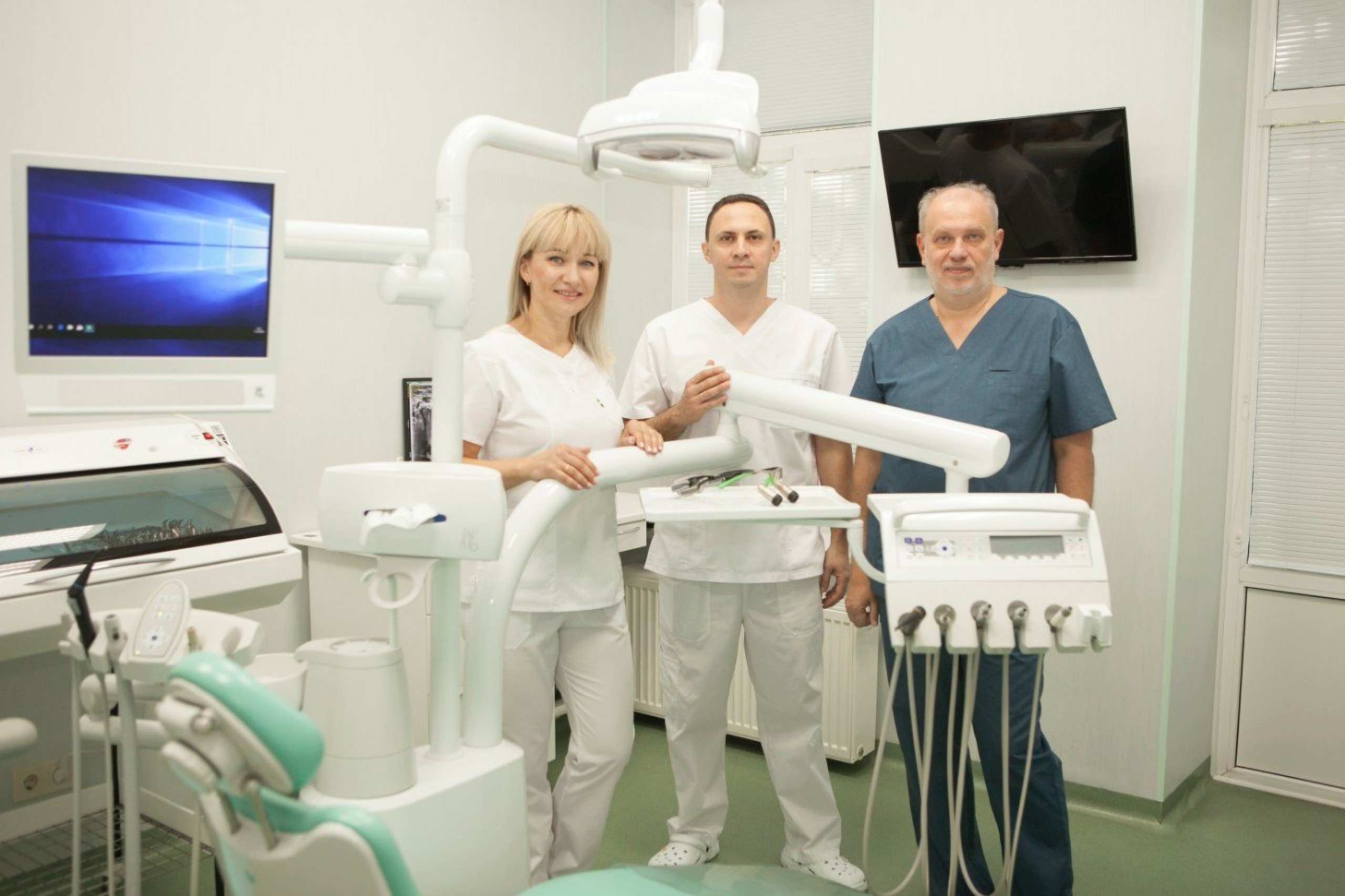Veneers installation in Odessa
How do we organize your medical trip?





Doctors See all doctors
Other Specialists
FAQ more
The price for a single dental veneer varies, largely depending on the material. Ceramic veneers tend to be more costly, around 250 euro per tooth, due to the high-quality materials and the multi-step process of application involving several professionals. Polymer, or composite, veneers are less expensive, approximately 75 euro per tooth.
On average, dental veneers, particularly those made of ceramics, can last for about 10 to 12 years. The longevity, however, is not limited and depends on the oral health habits of the patient and how well the veneers are cared for.
Modern dental aesthetics allows for the placement of a single veneer to correct an imperfection in a single tooth. This approach can provide a natural-looking result that enhances the overall smile, particularly if the veneer is applied to a visible tooth such as an incisor.
Both veneers and crowns have their own specific benefits. Crowns, known for their durability, can be placed on both anterior and posterior teeth and are recommended when a tooth is severely damaged or missing. Veneers are typically used for cosmetic enhancements, such as improving the color, shape, or alignment of teeth.
Dental veneers, including ceramic and lumineers, have a life expectancy of up to 15 years. After this period, if functionality or aesthetics have diminished, a patient might consider repeating the veneer application process for aesthetic restoration.
After having veneers placed, certain hard and crunchy foods like nuts, bones, and seeds should be avoided as they can cause abrasion to the veneer surface. For those with composite veneers, it's also advisable to avoid colorful drinks or consume them through a straw to prevent staining.
Dental veneers are not recommended in cases of excessive tooth wear and tear, if the patient is missing teeth essential for chewing, or if the patient engages in extreme sports, which might pose a risk of dental injury.
Dental veneers can be placed on filled or depulped teeth as long as there is sufficient enamel remaining. Both ceramic and composite veneers adhere better to enamel than dentin, so if there's insufficient enamel, a dental professional might recommend a crown instead.









.jpg)
.jpg)
.jpg)


